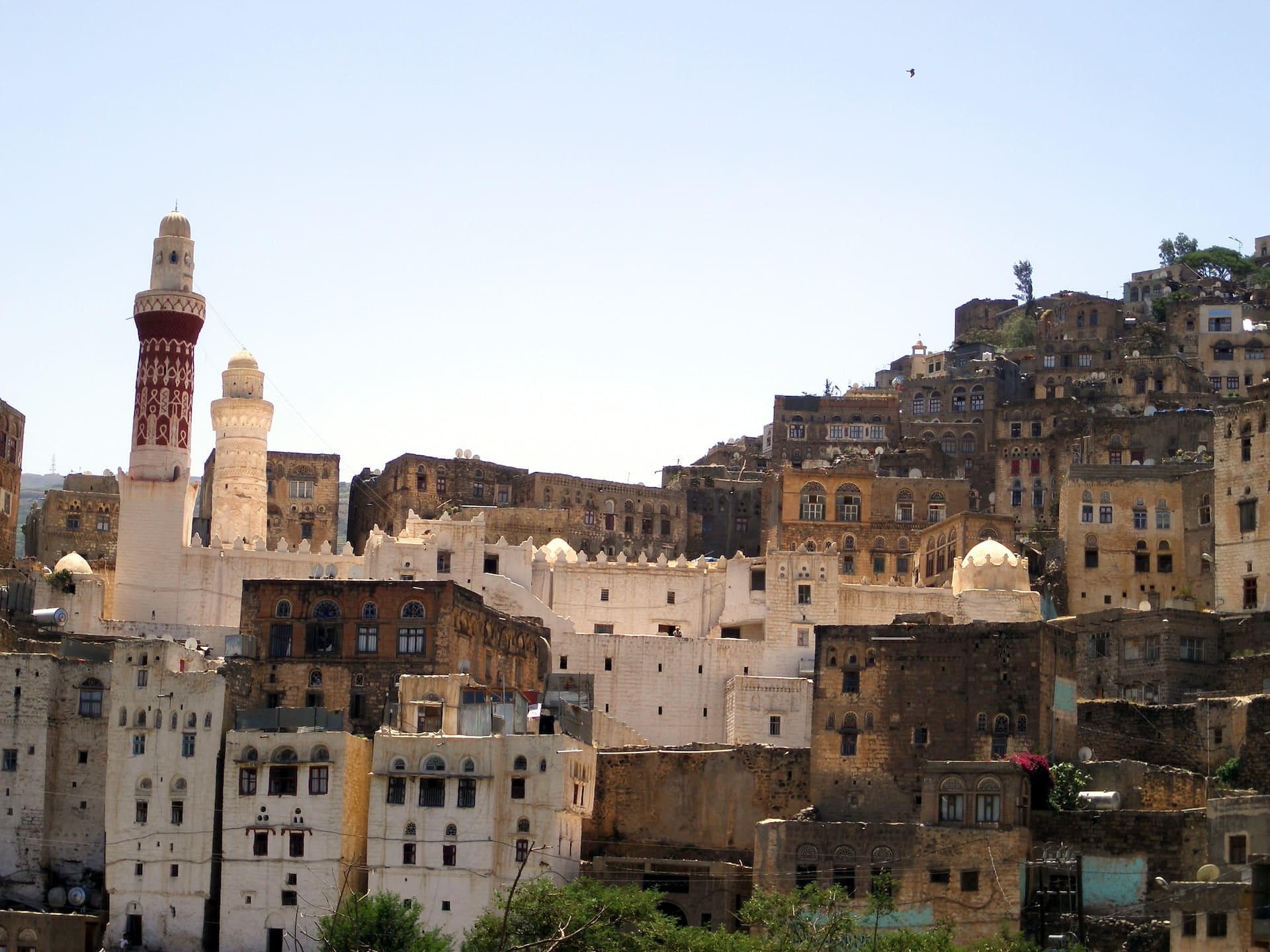As the world grapples with a host of geopolitical hotspots, a quiet catastrophe is unfolding in the Middle East that isn’t getting the attention it so desperately needs. Yemen’s humanitarian crisis, a complex and bloody conflict that began in 2014, has since spiralled into what the United Nations describes as the worst humanitarian crisis in the world. This is not a new crisis, nor is it one without clear and damning evidence of human suffering. Yet, it remains largely ignored by the international community.
At the heart of the crisis in Yemen is a war between Houthi rebels and government forces, backed by Iran and a Saudi-led coalition respectively. It’s a conflict caught up in geopolitical interests and regional power struggles, but the most alarming fallout is the humanitarian tragedy. More than 24 million people, some 80% of the country’s population, are in need of humanitarian aid and protection. Famine, disease, and war have claimed countless lives, while basic services, including healthcare and education, have been decimated.
Why then, in the face of such startling figures and heartbreaking tales of human suffering, has the world been so slow to respond? To begin with, the complex and multifaceted nature of the crisis makes it difficult to digest and understand, leading to a sense of paralysis in the international community. Moreover, key players in the crisis, including those with geopolitical stakes in Yemen, have shown a disturbing lack of accountability and a reluctance to prioritise human life over political and military objectives.
The world’s indifference cannot be justified. The media play a crucial role in shaping public opinion and political action, and they have largely failed Yemen. Coverage of the Yemen’s humanitarian crisis, especially in the West, has been sporadic at best and often eclipsed by other ‘more pressing’ global events. This has perpetuated a vicious cycle of ignorance and apathy, erasing Yemen’s suffering from our collective consciousness.
In a world that is more interconnected than ever, we can no longer plead ignorance to the plight of Yemen. It’s high time to shift the narrative and put the crisis in Yemen on the global agenda. The international community must rally behind a diplomatic solution and pressure the parties involved to prioritise humanitarian interests over geopolitical gains.
The first step towards this shift is to acknowledge the scale and severity of the crisis. Financial contributions from wealthier nations and international organisations are crucial, but it is equally important to push for unfettered humanitarian access in Yemen, to ensure that aid reaches those who need it most. Only then can we begin to address the root causes of this conflict, from political corruption to economic decline and sectarian divisions.
In addition, world powers, particularly those with influence over the warring parties, must leverage their positions to stop arms sales to those involved in the conflict. This will send a clear message: the lives of Yemeni civilians are more valuable than any strategic or commercial interest.
As the world stands on the precipice of a new era, shaped by the forces of globalisation and digital technology, we must recognise that our collective future depends on how we address the most serious challenges of our time. The Yemen’s humanitarian crisis should be a rallying call for the international community, a testament to our common humanity, and a test of our collective will to act. Ignoring it is no longer an option.
Image Credit: asamw on Unplash



















